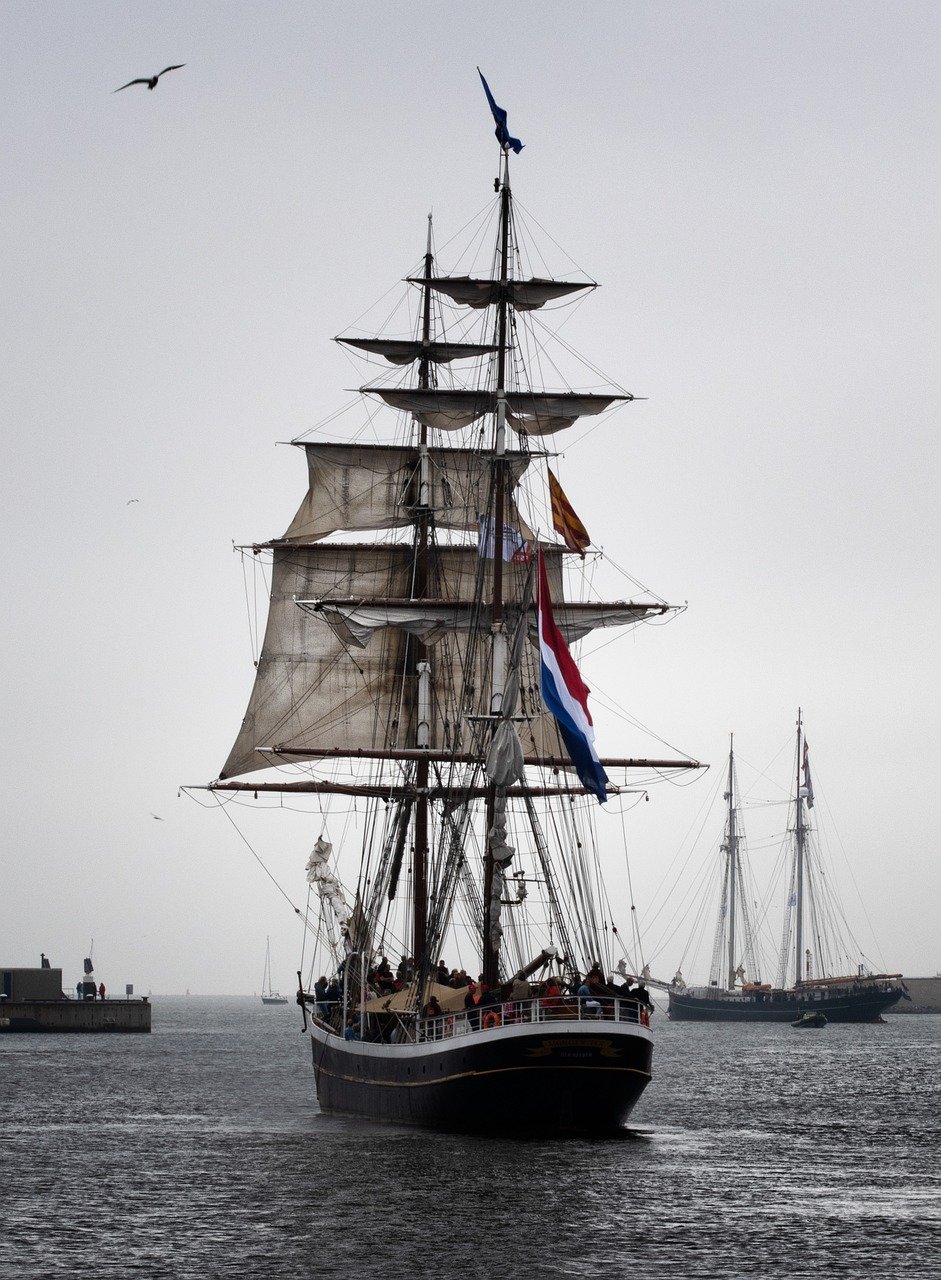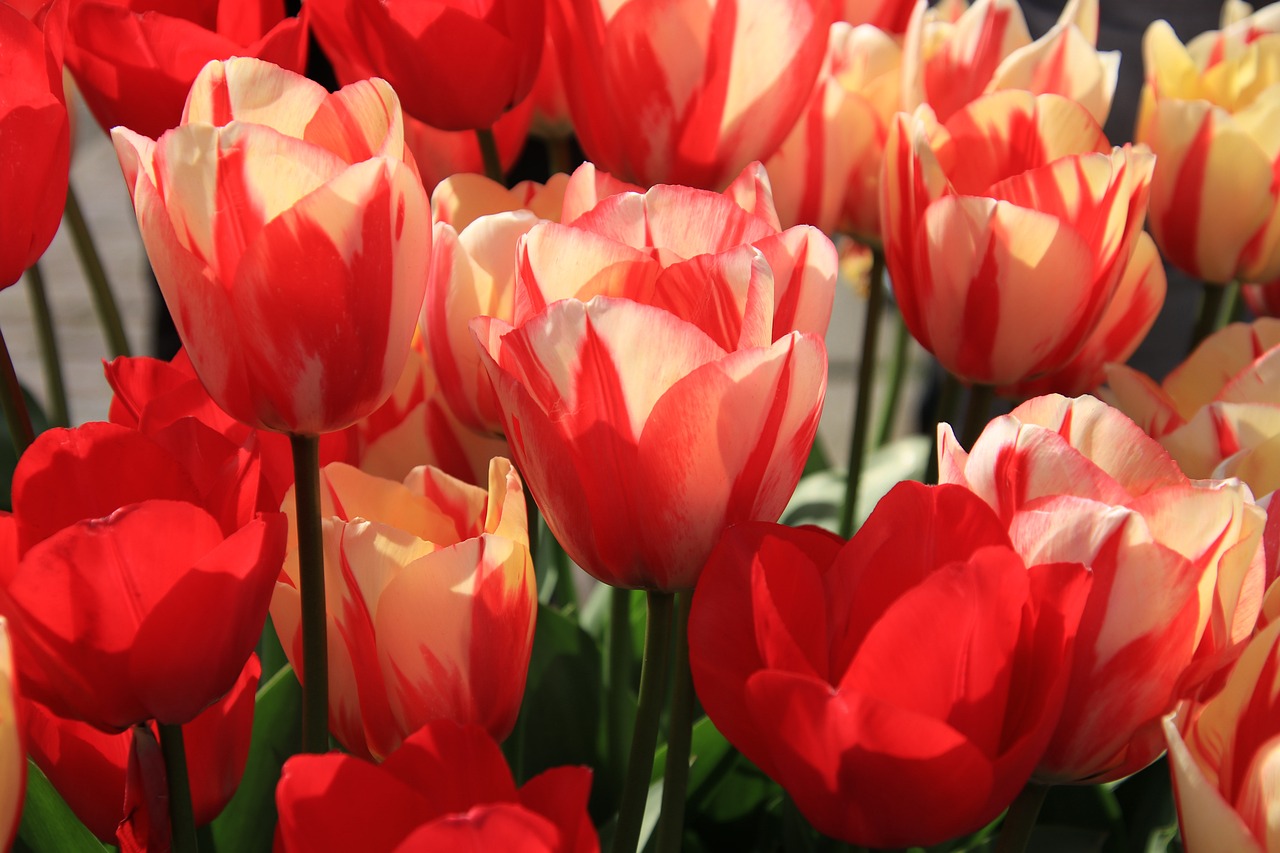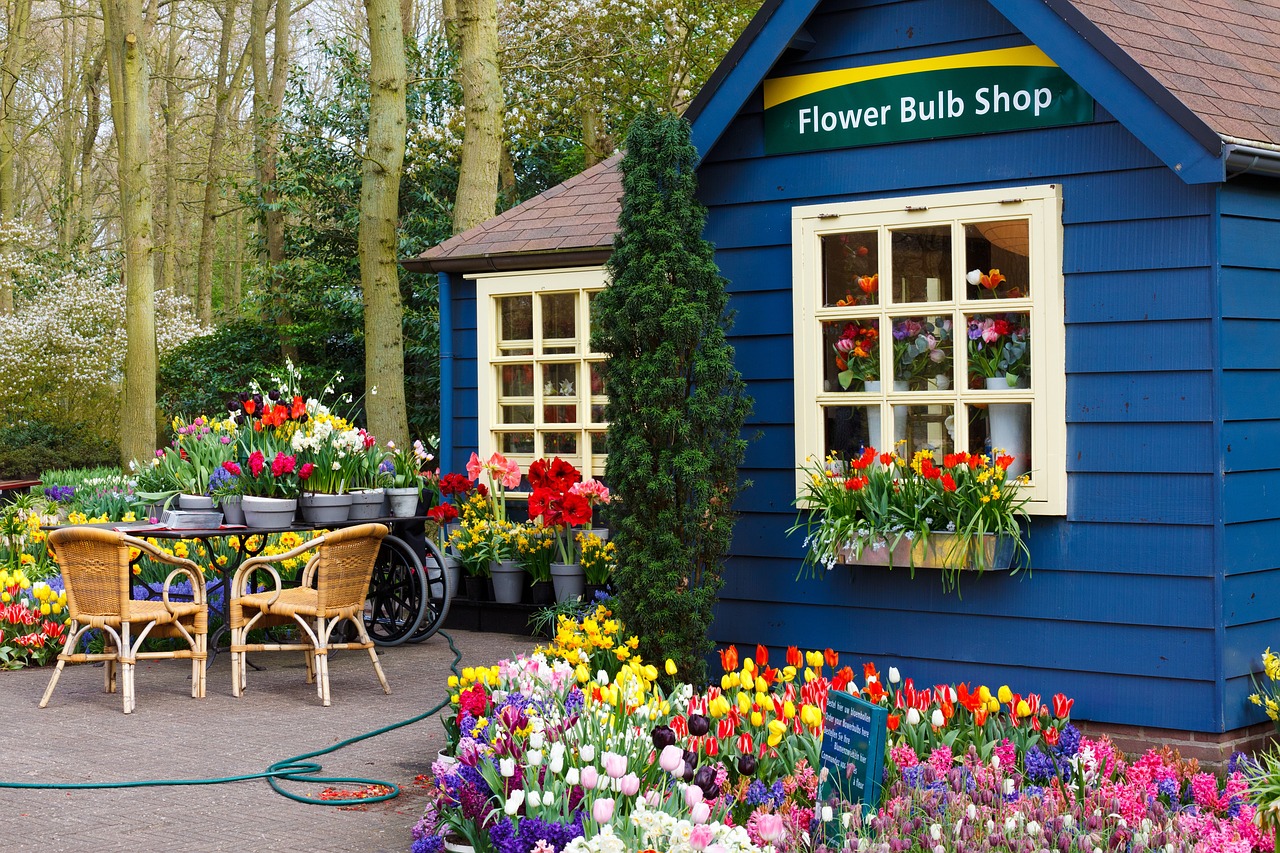Cultural Sensitivities: Understanding Local Norms in Netherlands
The Netherlands, known for its tulip fields, windmills, and charming canals, is a country with rich cultural traditions and norms. To fully appreciate and respect the local culture, it is essential to understand the cultural sensitivities and adhere to the local norms. This article aims to provide detailed information about various aspects of Dutch culture, including greetings, social etiquette, dining customs, and more.
Greetings and Social Etiquette
- Formal Greetings: When meeting someone for the first time or in a formal setting, it is customary to shake hands. Maintain eye contact and greet the person with a warm smile.
- Informal Greetings: Among friends and acquaintances, a simple handshake or a kiss on the cheek (three times alternating cheeks) is common.
- Personal Space: The Dutch value their personal space. Maintain a comfortable distance when engaging in conversations and avoid excessive physical contact.
- Punctuality: Being on time is highly valued in Dutch culture. Arriving a few minutes early for appointments or social gatherings is considered respectful.
- Dress Code: The Dutch tend to dress casually in most situations, but it is advisable to dress more formally for business meetings or formal events.
In a business setting, it is common to address individuals by their last name unless instructed otherwise.
It is polite to address people by their first name unless they specify otherwise.
Dining Customs
- Table Manners: When dining in a formal setting, wait until the host starts eating before you begin. Use utensils and avoid eating with your hands unless it is explicitly acceptable, such as when eating street food.
- Toast and Cheers: When raising a toast, maintain eye contact with the person you are toasting and say “Proost!” (cheers). It is customary to clink glasses with everyone at the table.
- Seating Arrangements: In formal situations, the host usually assigns seating arrangements. Wait to be directed to your seat or follow the lead of others.
- Splitting the Bill: In restaurants, it is common to split the bill equally among all diners. However, it is also acceptable to request separate bills if desired.
- Tipping: Tipping is customary in the Netherlands, but it is not as common as in some other countries. A service charge is often included in the bill, but it is polite to leave a small additional tip if the service was excellent.
Public Behavior and Etiquette
- Bicycle Etiquette: The Netherlands is renowned for its cycling culture. When walking, be mindful of dedicated bicycle lanes and avoid obstructing them. Look both ways before crossing a bicycle lane.
- Queuing: The Dutch value fairness and respect in queues. Always wait your turn and avoid skipping ahead in lines.
- Volume and Noise: The Dutch generally speak softly and value a peaceful environment. Avoid speaking loudly or causing unnecessary noise in public spaces.
- Smoking: Smoking is prohibited in many public places in the Netherlands, including restaurants, bars, and indoor areas. Be mindful of designated smoking areas and respect non-smoking signs.
- Public Transportation: When using public transportation, it is customary to give up your seat to elderly, pregnant, or disabled individuals if no designated seats are available.
Religious and Cultural Sensitivities
- Religious Diversity: The Netherlands is home to people from various religious backgrounds. Respect different beliefs and customs, and avoid discussing controversial religious or political topics unless invited to do so.
- LGBTQ+ Rights: The Netherlands is known for being LGBTQ+ friendly and progressive. Treat LGBTQ+ individuals with respect and support their rights.
- Drug Policy: The Netherlands has a unique drug policy that tolerates the use of soft drugs like marijuana in designated coffee shops. However, it is important to respect local laws and regulations, especially in public areas.
- Photography Etiquette: When taking photos, be mindful of individuals’ privacy and ask for permission when necessary. Avoid taking photos of people without their consent, especially in religious or sensitive cultural settings.
Netherlands Image 1:

Local Customs and Traditions
- King’s Day: On April 27th, the Dutch celebrate King Willem-Alexander’s birthday with vibrant festivities, including street parties, concerts, and flea markets.
- Sinterklaas: Celebrated on December 5th, Sinterklaas is a traditional Dutch holiday similar to Christmas. Children receive gifts, and families gather to exchange presents.
- Cycling Culture: The Netherlands is famous for its extensive cycling infrastructure. Renting a bike and exploring the cities and countryside is a popular activity among locals and tourists alike.
- Tulip Season: The Netherlands is renowned for its breathtaking tulip fields. During the spring season, visitors can witness the vibrant colors of tulips in full bloom.
Netherlands Image 2:

Conclusion
By understanding and respecting the cultural sensitivities of the Netherlands, visitors can have a more authentic and enjoyable experience. Remember to greet people appropriately, follow dining customs, respect public behavior norms, and appreciate local customs and traditions. Embracing the Dutch way of life will enhance your interactions and deepen your connection with this beautiful country.
Netherlands Image 3:

References
- iamsterdam.com
- holland.com
- gov.nl
- dutchnews.nl


